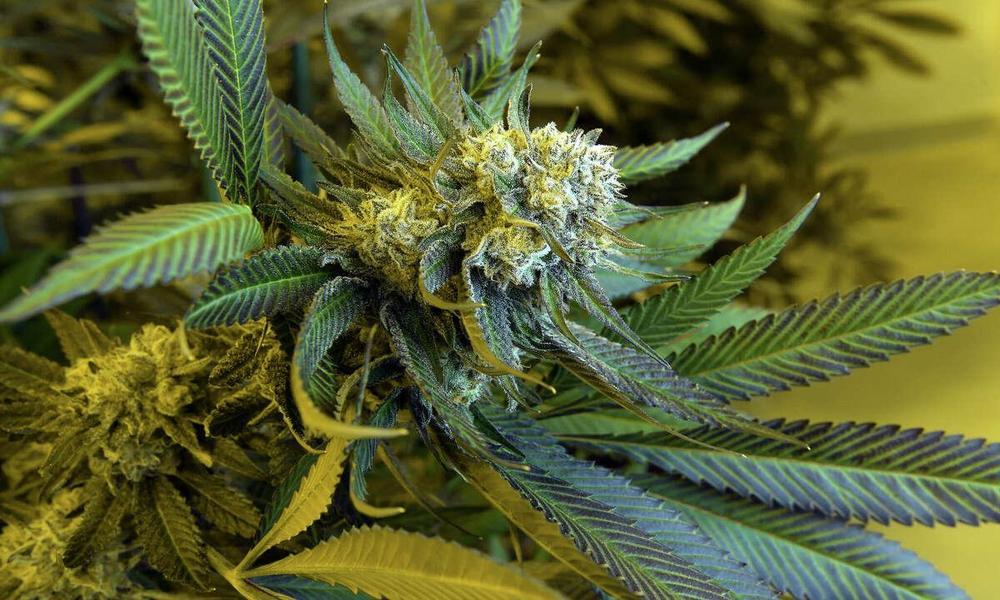The landscape surrounding medical marijuana has rapidly evolved across the United States in recent years. Louisiana, known for its unique cultural heritage and rich history, has also become part of this nationwide shift. Legalizing medical marijuana in Louisiana has significantly changed healthcare practices, patient access, and the perception of cannabis as a medicinal treatment. In this article, we provide a comprehensive overview of the legalization of medical marijuana Louisiana, exploring the key aspects, benefits, challenges, and prospects.
Legislative Background
In 2015, the Louisiana Legislature enacted Senate Bill 143, commonly known as the Louisiana Therapeutic Marijuana Act, which laid the foundation for legalizing medical marijuana in the state. The legislation established a framework for regulating the production, distribution, and use of medical cannabis. Subsequent amendments and regulations have refined the program, expanding patient eligibility and ensuring compliance with federal laws.
Patient Access And Qualifying Conditions
In order to obtain medical marijuana in Louisiana, individuals need to receive a diagnosis for one or more eligible medical conditions as specified by the state’s Department of Health. The range of conditions encompasses, among others, cancer, HIV/AIDS, Crohn’s disease, epilepsy, multiple sclerosis, and Parkinson’s disease. To be eligible, patients must undergo certification by a qualified physician and acquire a medical marijuana card from the Louisiana Board of Pharmacy, which grants them the ability to purchase and possess medical cannabis.
Licensed Dispensing And Distribution
In Louisiana, the production, distribution, and sale of medical marijuana are tightly regulated. The state has approved a limited number of licensed cultivators and dispensaries to ensure the quality and safety of medical cannabis products. These entities adhere to strict guidelines governing the cultivation, processing, testing, packaging, and labeling of medical marijuana. This comprehensive regulatory framework aims to safeguard patient health and prevent the misuse or diversion of cannabis products.
Benefits And Impact
Legalizing medical marijuana in Louisiana has opened up new possibilities for patients seeking alternative treatment options. Cannabis has shown promise in managing chronic pain, reducing symptoms associated with neurological disorders, alleviating chemotherapy-induced nausea and vomiting, and improving appetite in patients with wasting syndromes. Moreover, medical marijuana offers a potentially safer alternative to opioid-based pain medications, addressing the ongoing opioid crisis in the state.
The Future Of Medical Marijuana In Louisiana
As the medical marijuana program in Louisiana continues to evolve, there are several potential areas for growth and improvement. Expanding the list of qualifying conditions, increasing the number of licensed cultivators and dispensaries, and enhancing patient education and physician training can all contribute to a more robust and effective medical cannabis program. Further research and clinical trials can also help establish evidence-based guidelines and protocols for medical marijuana use, enhancing its acceptance in mainstream healthcare practices.
Conclusion
Legalizing medical marijuana in Louisiana represents a significant milestone in the state’s approach to healthcare. It has provided hope for patients suffering from debilitating conditions and expanded treatment options beyond conventional pharmaceuticals. While challenges persist, continued efforts to refine the program, address concerns, and expand access have the potential to unlock the full benefits of medical marijuana in Louisiana. By fostering collaboration among healthcare professionals, policymakers, and patients, the state can pave the way for a safer, more inclusive, and evidence-based approach to medical cannabis use.


